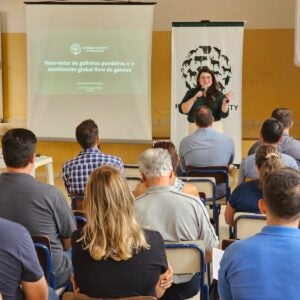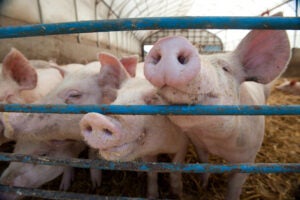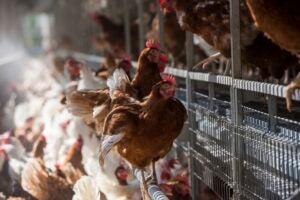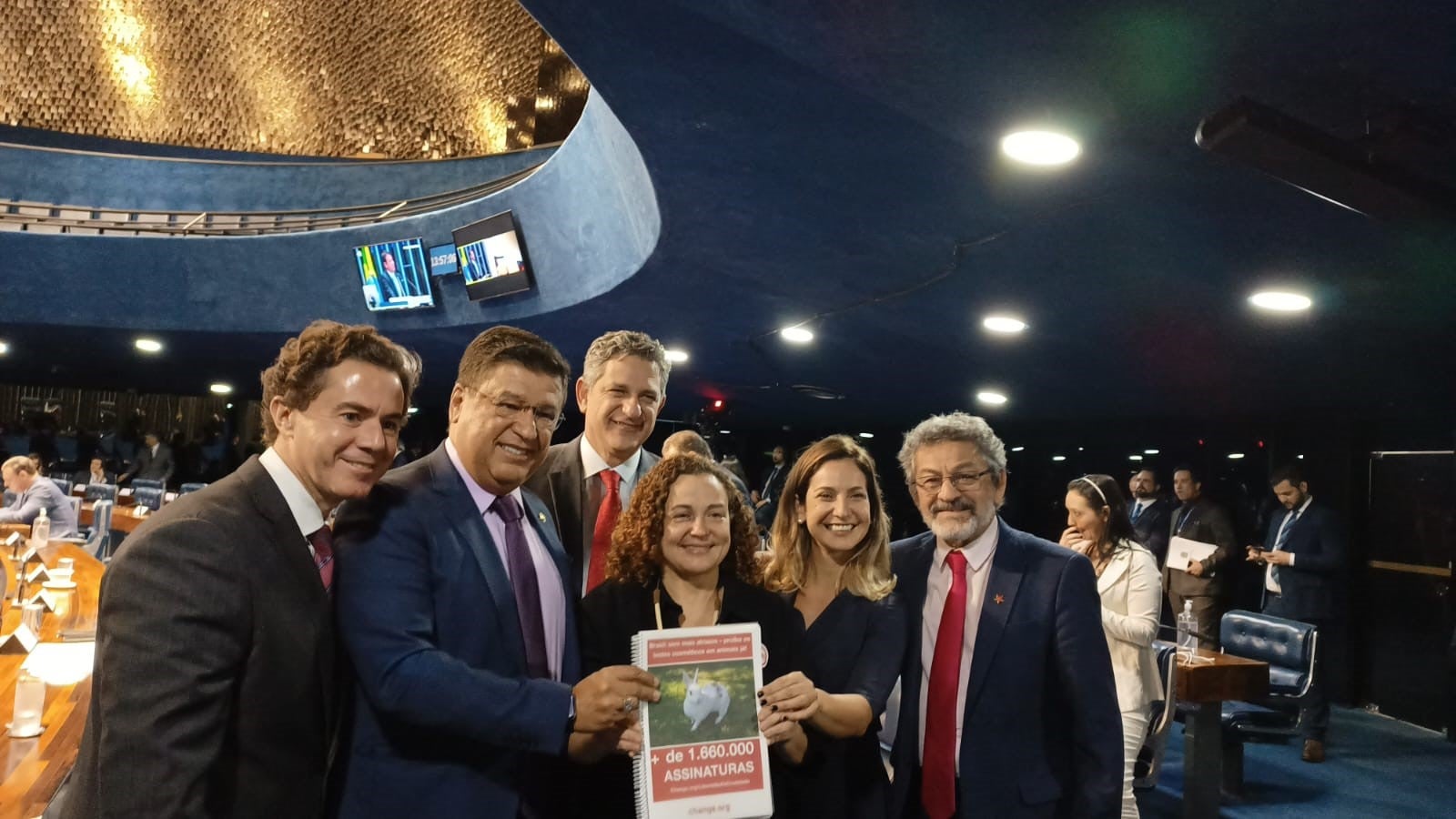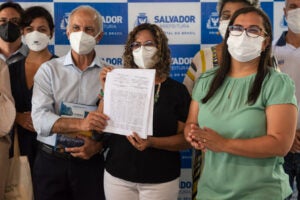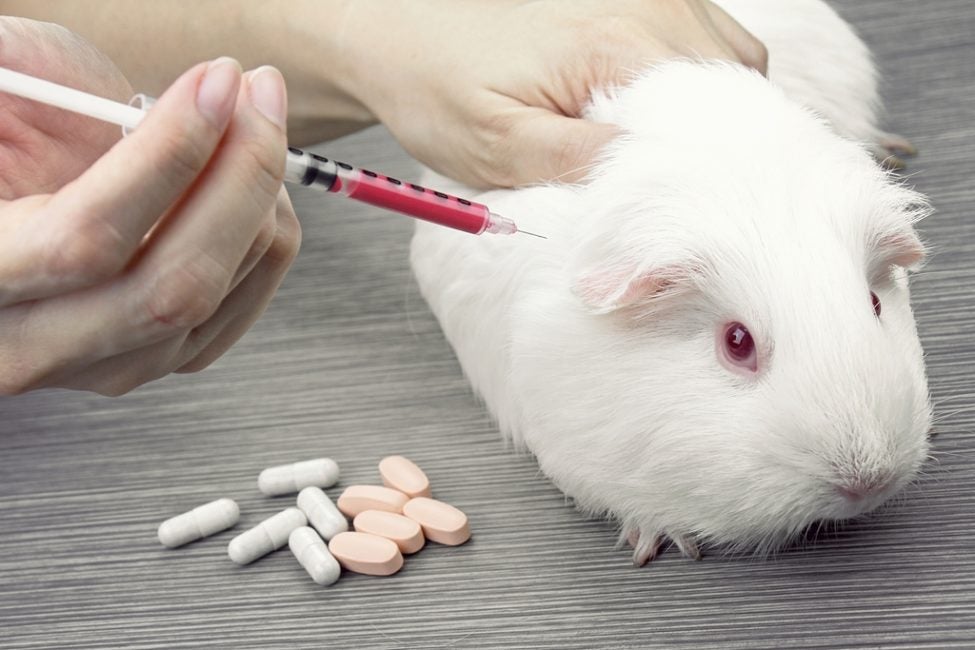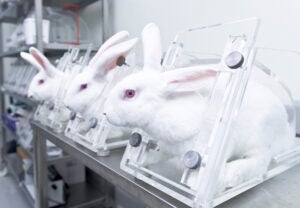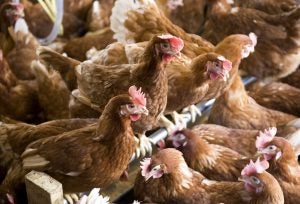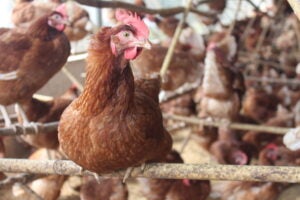
On May 22, Humane Society International hosted a webinar with three companies that have successfully transitioned to sourcing eggs exclusively from cage-free hens. Representing various business sectors, retailer Casa Santa Luzia, global hotel chain Marriott, and pet food company Special Dog, have each demonstrated how corporations can expand their ESG (Environmental, Social, and Governance) initiatives by transitioning to a cage-free supply chain.
HSI kicked off the webinar with an overview of the growing number of companies prioritizing animal welfare in their ESG initiatives. Globally, over 2,000 companies, including more than 160 in Brazil, have committed to transitioning to cage-free practices. HSI commended Casa Santa Luzia, Marriott, and Special Dog for their successful transitions to cage-free production systems, noting that the companies are sending a powerful message to their peers and producers, while changing the lives of countless animals for the better.
Representing the retail sector, Casa Santa Luzia, a high-end retailer from the state of São Paulo, opened the panel discussion. Luciana Lopes, coordinator of the Sustainable Action Program at Casa Santa Luzia, provided an overview of the company’s commitment to sustainable practices and its supply chain process. “The retail sector plays a very important role in educating on sustainability. And that is what we are trying to do every day,” said Lopes. In 2023, Casa Santa Luzia sold 2.5 million shell eggs, and will continue to only sell eggs from cage-free hens moving forward.
Next to speak was Marriott, represented by Jason Silva, the company’s procurement manager at Renaissance Hotel São Paulo. Silva emphasized Marriott’s dedication to high animal welfare standards and sustainable practices among its suppliers. Acknowledging HSI’s crucial support, Silva stated, “HSI has been helping us understand if suppliers are, in fact, meeting the parameters we want in terms of animal welfare. This is the most critical part of our company’s process of homologation [assessing and aligning] of new suppliers.” In 2023, the company purchased approximately 2.5 million shell eggs and 27 thousand pasteurized eggs.
Special Dog, the first pet food company in Brazil to complete its cage-free transition, concluded the presentations. João Paulo, Special Dog’s sustainable development manager, emphasized how animal welfare is essential in producing high quality pet food, indicating that the company has expanded its commitments to sustainable practices accordingly. Paulo stated, “Special Dog’s sustainability initiatives reach consumers and is today a competitive differential compared to other pet food manufactured brands. Cage-free comes to add to these efforts.” It is estimated that the lives of over 100,000 hens have been positively affected by the company’s shift to cage-free practices.
Anna Souza, policy and program manager in Farm Animal Welfare and Protection at HSI Brazil, closed the event with a final message: “A commitment to cage-free sourcing is not only a pledge to improve animal welfare, but a foundation for the sustainable development of businesses in all sectors. The future of egg production is cage-free.”
The full event recording can be accessed here (in Portuguese).
Recordings per section can be found below:
- Opening
- HSI presentation on the cage-free movement
- Retail sector: Casa Santa Luzia
- Hospitality sector: Marriott
- Pet food sector: Special Dog
ENDS
Media contact: Anna Cristina Souza: asouza@hsi.org.

